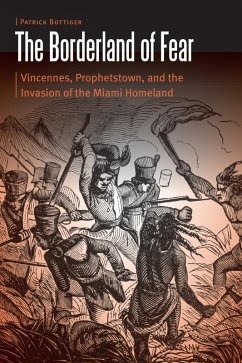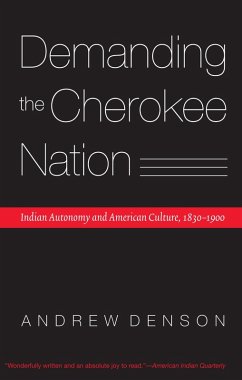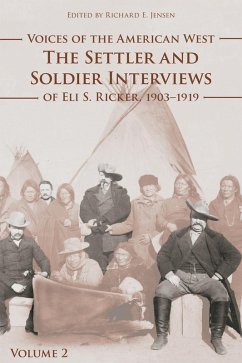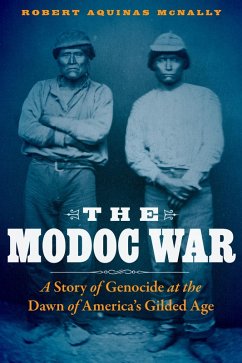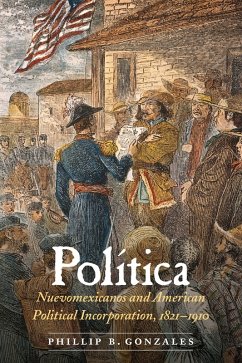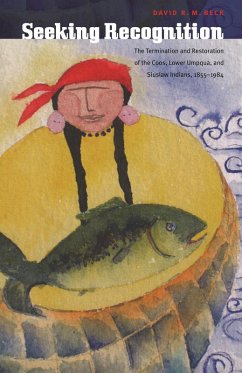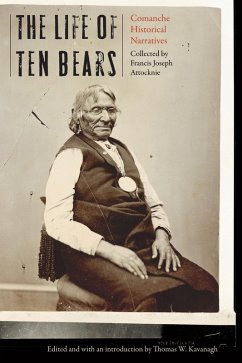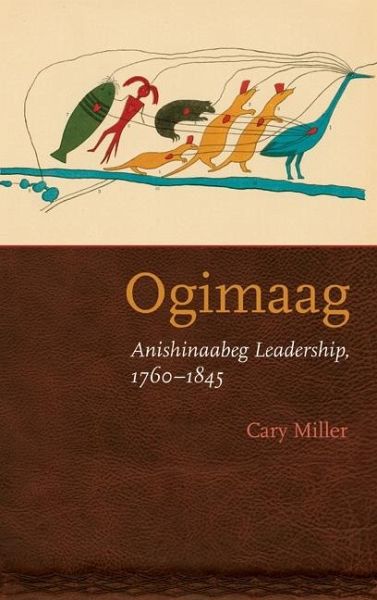
Ogimaag (eBook, PDF)
Anishinaabeg Leadership, 1760-1845

PAYBACK Punkte
13 °P sammeln!
Cary Miller's Ogimaag: Anishinaabeg Leadership, 1760-1845 reexamines Ojibwe leadership practices and processes in the late eighteenth and early nineteenth centuries. At the end of the nineteenth century, anthropologists who had studied Ojibwe leadership practices developed theories about human societies and cultures derived from the perceived Ojibwe model. Scholars believed that the Ojibwes typified an anthropological "e;type"e; of Native society, one characterized by weak social structures and political institutions. Miller counters those assumptions by looking at the historical recor...
Cary Miller's Ogimaag: Anishinaabeg Leadership, 1760-1845 reexamines Ojibwe leadership practices and processes in the late eighteenth and early nineteenth centuries. At the end of the nineteenth century, anthropologists who had studied Ojibwe leadership practices developed theories about human societies and cultures derived from the perceived Ojibwe model. Scholars believed that the Ojibwes typified an anthropological "e;type"e; of Native society, one characterized by weak social structures and political institutions. Miller counters those assumptions by looking at the historical record and examining how leadership was distributed and enacted long before scholars arrived on the scene. Miller uses research produced by Ojibwes themselves, American and British officials, and individuals who dealt with the Ojibwes, both in official and unofficial capacities. By examining the hereditary position of leaders who served as civil authorities over land and resources and handled relations with outsiders, the warriors, and the respected religious leaders of the Midewiwin society, Miller provides an important new perspective on Ojibwe history.
Dieser Download kann aus rechtlichen Gründen nur mit Rechnungsadresse in A, B, BG, CY, CZ, D, DK, EW, E, FIN, F, GR, HR, H, IRL, I, LT, L, LR, M, NL, PL, P, R, S, SLO, SK ausgeliefert werden.




